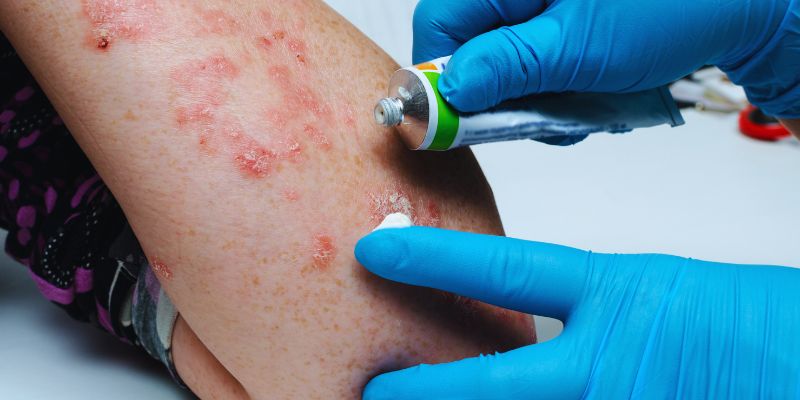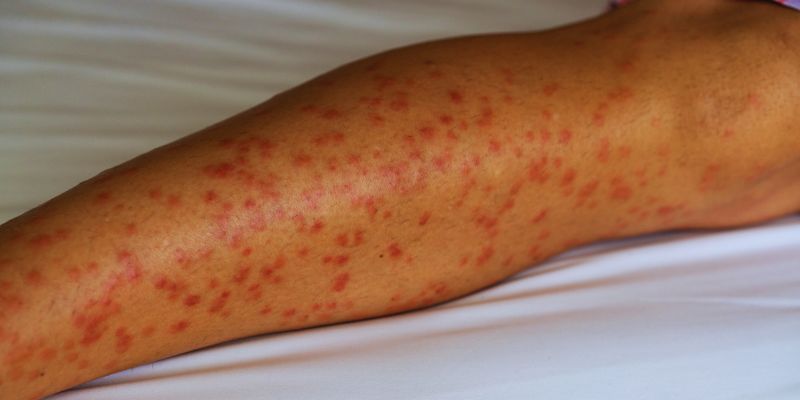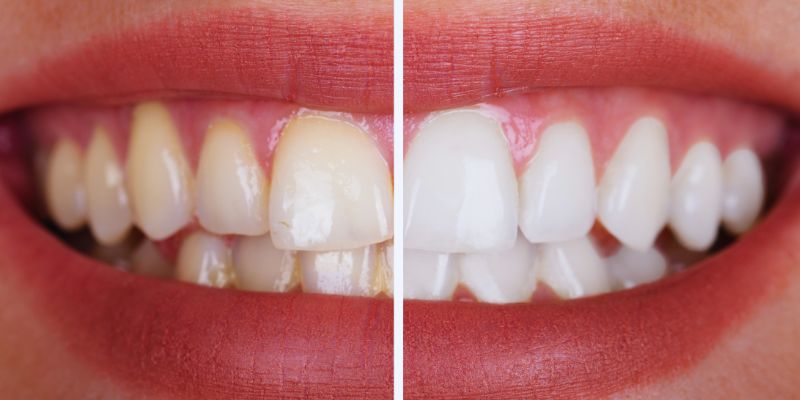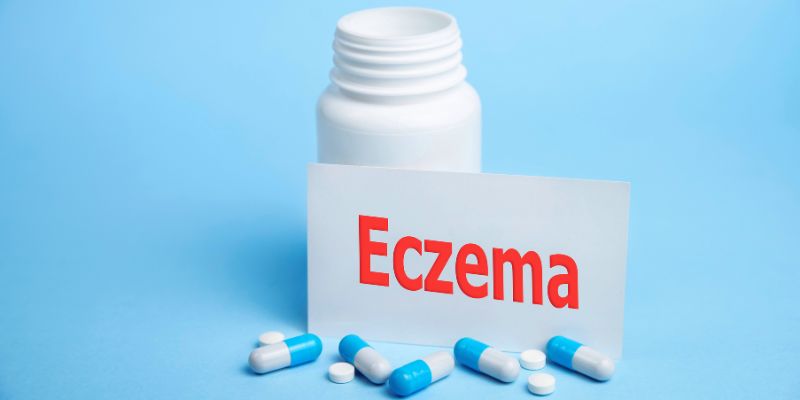Eczema Medications: Discovering New and Future Eczema Treatments
Eczema is a frustrating disorder affecting millions with dry, itchy, and inflammatory skin. Many people battle to get relief from conventional therapies, including steroid creams or moisturizers. New medicines such as Zoryve Cream show success in lowering symptoms without running the dangers associated with steroids.
These developments give fresh hope to people with ongoing eczema. Along with topical treatments, interesting advancements in oral medications and biologics are more successfully treating extreme instances. This article will discuss the most recent developments, including Roflumilast cream FDA approval, along with their advantages and possible adverse effects.

Understanding the Role of Modern Eczema Medications
Medications for eczema have developed greatly and provide good choices for both topical and systemic treatment. To increase patients' quality of life, these contemporary remedies center on lowering inflammation, calming itching, and healing injured skin. Unlike conventional steroids, which can cause thinning of the skin and other negative effects with long-term usage, newer medications target particular immunological pathways linked to eczema.
Topical Treatments: The Backbone of Eczema Care
Most times, topical therapies are the primary choice for treating eczema. These ointments and lotions are used straight on afflicted areas to get quick symptom relief. New developments in topical treatments have brought safer, non-steroidal choices for long-term use. Promising new medication Zoryve Cream stands out for its efficiency in lowering inflammation and itching free of steroid-related hazards. Particularly for mild to moderate cases, topical medicines like Zoryve remain pillarstones of eczema treatment since they provide a focused, non-invasive approach.
Spotlight on Zoryve Cream: A Breakthrough in Eczema Treatment
Recently introduced non-steroidal therapy Zoryve Cream, also known as Roflumilast Zoryve, has attracted interest for its potency. This ointment especially tackles the inflammatory paths leading to eczema symptoms, including redness, itching, and swelling. By concentrating on these channels, Zoryve provides fast and long-lasting comfort free of the hazards connected with steroid-based treatments. Patients with mild-to-moderate eczema seeking safer, non-invasive solutions will find it particularly appropriate.
- Zoryve Dosing: Simple and Effective: Zoryve is meant for simplicity and needs just one daily application. This simple dose guarantees patients' easy adherence to their treatment regimens. Patients apply a thin coating of the cream to the afflicted areas to minimize waste and optimize the potency of the medicine. For both adults and children controlling eczema symptoms, its simplicity makes it an appealing choice.
- Zoryve Side Effects: What to Expect: Zoryve is usually tolerated well, although some side effects could develop. Among these include minor redness, irritation, or a burning feeling at the application site. Usually transient, such symptoms go away on their own. Though rare, severe adverse effects should be reported right once to a healthcare physician.
- Zoryve Cost and Price Considerations: The location of the medical store and insurance affect the Zoryve pricing. Patients worried about the Zoryve price can find support programs and discounts meant to help lower costs. Speaking with pharmacists or healthcare professionals might offer direction on how to obtain these financial assistance programs.

FDA-Approved Roflumilast Cream: What Makes It Unique?
FDA clearance of Roflumilast cream marks a turning point in eczema therapy. Roflumilast, the active ingredient in Zoryve Cream, is a selective PDE-4 inhibitor meant especially to target the pathways causing inflammation in eczema. Roflumilast helps properly control eczema symptoms by lowering inflammation, thus negating the need for conventional steroid therapies. One of the main advantages of Roflumilast is that it lets patients cure eczema without running the danger of long-term side effects related to steroids, such as skin thinning.
This makes it a better choice for those who need continuous treatment. Particularly useful for treating mild to moderate eczema, roflumilast cream offers relief and is safe for long-term usage. With its FDA approval, eczema treatment moves significantly toward non-steroidal approaches and presents a viable substitute for individuals looking for safer, more environmentally friendly methods of control.
Emerging Oral Medications for Eczema
Although topical therapies are still the first line of protection for localized eczema, severe or broad instances may call for oral meds. These systemic treatments address the fundamental causes of eczema, targeting the immune system to lower inflammation all across the body. Those with frequent flare-ups or whose eczema does not respond to topical therapy can especially benefit from oral meds. New oral medications are designed to be more exact and focused on particular immune responses linked with eczema.
This accuracy reduces adverse effects and enhances general patient outcomes by means of better control. For patients with moderate-to-severe eczema, some of the oral choices now on offer are immunosuppressants and biologics. Particularly, biologics aim to address the individual immune channels causing inflammation. Small molecule medicines that block important processes linked to eczema and present interesting prospective treatments are also under investigation by researchers.
The Future of Eczema Treatments
With continuous research targeting treatments that target the underlying causes of eczema, the future of eczema therapy seems bright. The main focus of the study is biologics, which are customized to match individual immune responses. For individuals with light to severe eczema, these treatments give fresh hope as they seek long-term relief with minimum side effects. Gene treatment represents another fascinating area in eczema treatment.
Gene therapy could offer long-term solutions aiming at the basic genetic causes, particularly for those with severe or recurring eczema. As the study goes on, developments in biologics and gene therapy could change the field of eczema treatment. For patients suffering from eczema, these new treatments offer more customized techniques for management, promise to enhance outcomes, and lessen reliance on long-term steroid use, therefore offering fresh hope.
Conclusion:
Eczema therapy has bright future developments ahead. New medicines like Zoryve Cream provide safer, non-steroidal alternatives that relieve symptoms free from the hazards of more conventional medications. A major first toward more focused and efficient eczema treatment is the FDA clearance of Roflumilast cream. For patients with chronic or severe eczema, the future seems better with new oral medications and continuous biologics and gene therapy research underway. These developments are changing the way eczema is treated, providing hope for improved long-term remedies and lessening the need for steroids.












